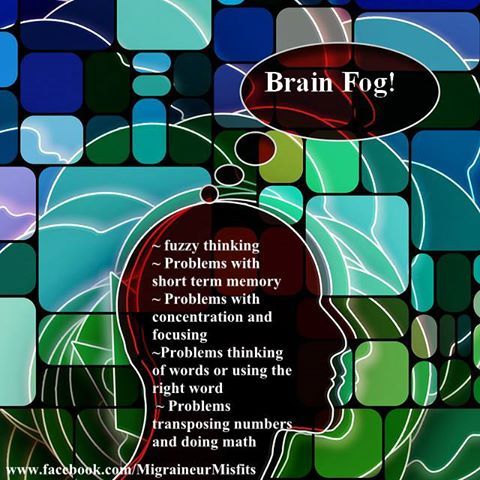

Some of the treatments that I use to help my patients with neuroinflammation include: If you’re struggling with brain fog, it is important to investigate possible sources of neuroinflammation and address them accordingly. At the same time, it increases toxic neurotransmitter metabolites that are linked to depression. Neuroinflammation increases glutamate levels in your brain and reduces brain-derived neurotrophic factor. Too much glutamate jams nerve cell communications, killing them and causing brain fog. Glutamate is a very important and most abundant excitatory neurotransmitter in your brain, but you want to have just the right amount. Inflammation from lifestyle sources can activate these immune cells and prime them to react with more inflammation. They protect your brain from germs and also help clean up the damage, misfolded proteins, and cellular wastes.

Due to the fluid nature of the COVID-19 pandemic, scientific understanding, along with guidelines and recommendations, may have changed since the original publication date.You’ve worked hard to be where you’re at in your career. Information in this post was accurate at the time of its posting. Worsened symptoms after physical or mental activities.

Shortness of breath or difficulty breathing.Organ damage, such as damage to the lungs, heart, kidney and brain.Memory, concentration or sleep problems.Other post-COVID syndrome signs and symptoms include: "The most important thing you can do as a patient is to share honestly with your providers what you're experiencing," says Dr. Schultz stresses that people should address any cognitive symptoms that affect their day-to-day life, regardless of whether those symptoms are related to long COVID-19. 'I want you to try to utilize these strategies in your day-to-day life.' Because, ultimately, that's what decides if they're working."ĭr. "Typically, it means going into work with a therapist initially once or twice over the course of a month. While there's no one-size-fits-all treatment that can cure these cognitive difficulties, some rehabilitation strategies can retrain the brain to work on the areas that are most challenging. You don't feel like you're picking up all of those details - almost as if you're driving through a fog," says Dr. "'Brain fog' is just kind of this feeling that you're trying to do something, and it's taking more effort. Short-term memory loss, confusion and difficulty concentrating are all things those suffering from "brain fog" may experience after recovering from COVID-19 infection. While "brain fog" is not a medical condition, it's a term used for certain symptoms that can affect one's ability to think.īillie Schultz, M.D., a Mayo Clinic physical medicine and rehabilitation expert, discusses what can be done to help patients experiencing "brain fog." "Brain fog" has been used to describe some of these symptoms. Sometimes, symptoms of long COVID-19 can include cognitive difficulties. Long COVID-19, also known as post-COVID syndrome, involves a wide range of health problems that occur many weeks, months and years after recovering from COVID-19 infection.


 0 kommentar(er)
0 kommentar(er)
